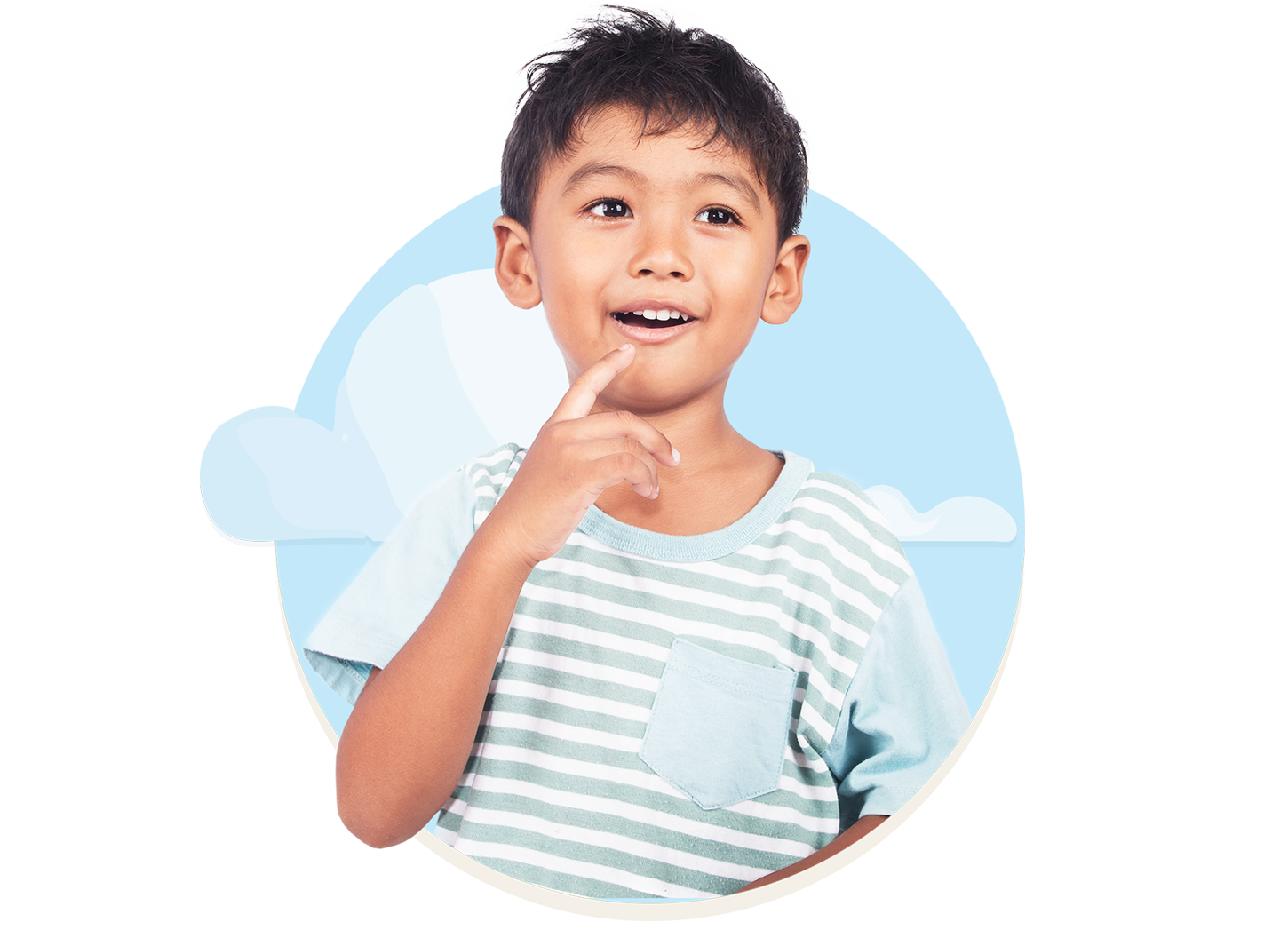Results
Why did we apply for this project?
We consider it important to motivate students, encourage them to think independently, and create a good school atmosphere. We are striving to learn new methods that can be used to increase the performance and interest of our students. Next generations always present new challenges to the faculty, and the arising problems must be solved. We try to achieve this by enriching our methodological culture not only in our own country but in abroad as well.
Supporting language education is one of our most important school needs. Our goal is that colleagues who speak little English can easily improve their language skills so that they can easily find new literature in a foreign language and be able to work with the latest applications. We would like our students to consider it important to get to know other cultures, people and values.
That way they hopefully will be open and curious. The colleagues use their knowledge acquired with the help of the Erasmus+ KA1 to buld a better community, the attitude of our students, and their English language skills. We applied to improve the social skills of our students, the atmosphere of the school, and to increase the students' motivation to learn easier with the new methods.
What would we like to achieve by implementing the project?
There are several areas that require attention and development in our institution. Our goals have always been to make the children stay in our village, to prevent emigration and to reduce the school dropout rate. Training on strengthening social skills and learning about experience-based education contributed to this aim. Language teaching is a priority area in our school, and we want to support this with the project. For the first time one of our language teacher also applied. One of the most important benefits of the project is that the colleagues have arrived home with a new perspective and several new contacts from abroad. They have received useful knowledge that can be inplemented into everyday pedagogical work, and they also had the opportunity to exchange experiences with teachers from other countries. The most important thing is the impact on the students, they may get an example of lifelong learning, acquiring new ways of teamwork, and also on international cooperation. This way the atmosphere is improving, the new methods and opportunities will have a motivating effect on the school and students. All of this help us to create quality education and training, and a good, supporting atmosphere. We also wanted to move forward in the field of internationalization.
What kind of activities were implemented?
In this project - as we saw it - professional renewal should be the main role. We assigned the courses to this. Four teachers have completed four different courses. There was language training (Fluency and English Language Development - Malta, one week), methodological training for English language teachers (Creativity In The English Language Classroom - Croatia, one week), methodological training for primary teachers (Let me do it), social skills, emotional intelligence-enhancing, bullying management course (Conflict Management, Emotional Intelligence and Bullying Prevention - Italy, one week) In the courses, we received training in accordance with our expectations and those agreed in advance. We have constantly updated the project's own website, colleagues have written blogs on the mobilities and about their experiences.
Preparatory sessions took place before the courses (methodological, linguistic, cultural), and after the courses, the colleagues passed on the knowledge during the dissemination in workshops, at the Erasmus Days event and in the presentation class. The municipality and the surrounding schools were also invited to Ersamus Days, and they were interested in the results of the project.
What achievements have we achieved?
The foreign language, digital, social, intercultural and professional competences of the participants in the project were clearly strengthened. Cooperation, communication and problem-solving skills have developed. The development of language skills is beneficial both from a pedagogical point of view and from the point of view of building relationships. We have achieved methodological renewal. This was mostly true for the junior mathematics course in Hungarian language. The colleague has learned a lot of new, experiential teaching methods. We continued the previous project, the development of community, tolerance and team spirit. Considering the sociometry of the classes and the students' answers this will remain our goal for a while. The students' motivation has also been increased, as they saw that their teachers were also learning. Our goal was to prevent the number of students at risk of dropping out from increasing, and we have succeeded in this regard: we currently have one such student. We set the goal of maintaining the attractiveness of the school and stopping the decrease in the number of students. As of the 2018/19 terms, the number of our students increased by 39 children, which is 20,5% more than initial number (190). This must be the result of continuous renewal. The multicultural environment gave the participants the opportunity to get to know the school systems of other countries and to adopt good practices.

